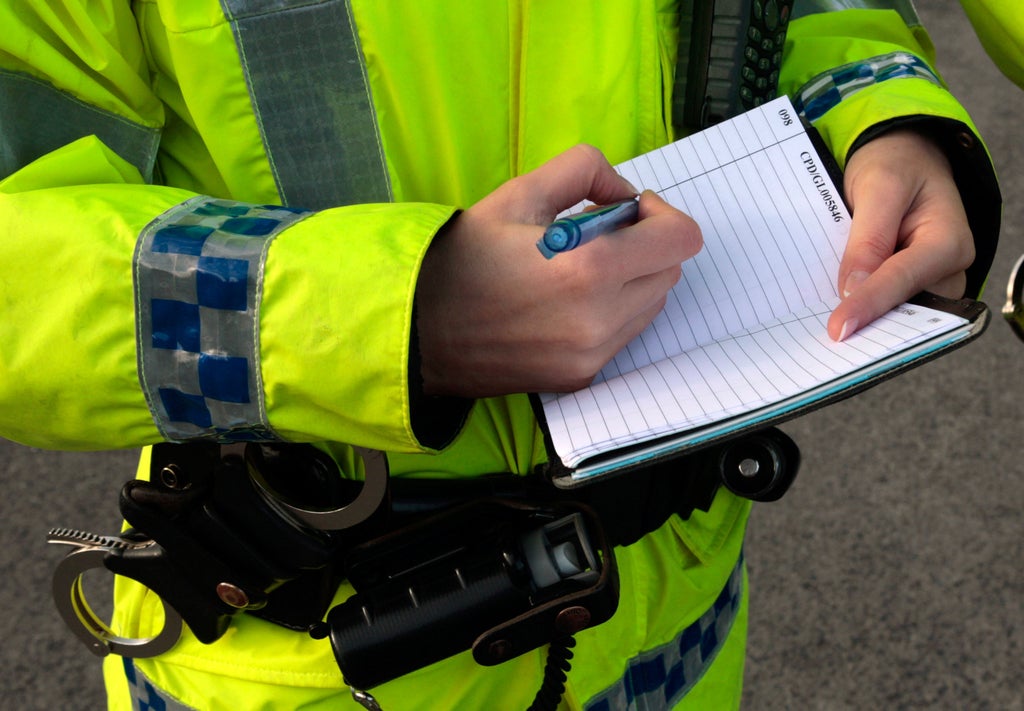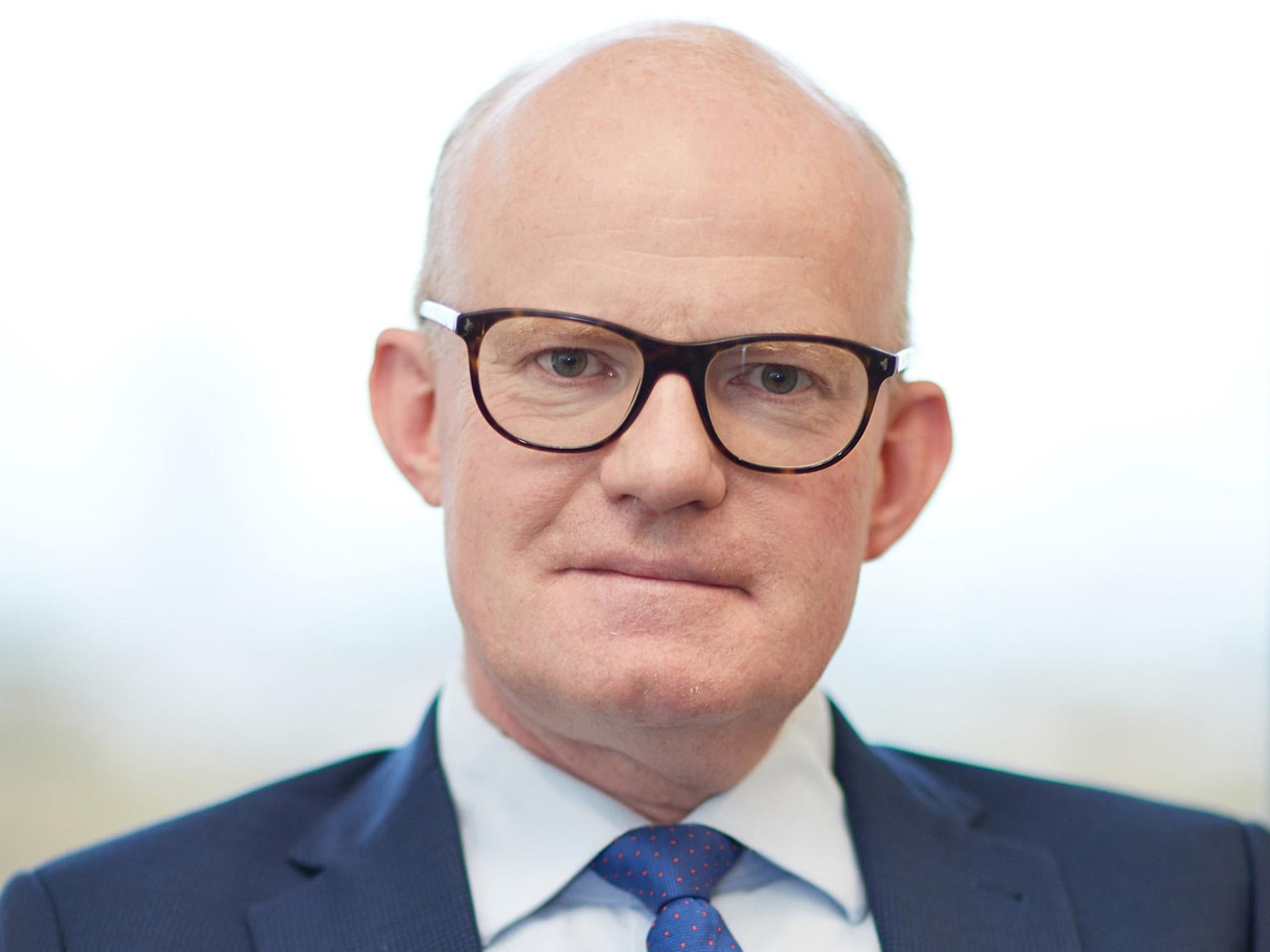
Failures to prosecute alleged rapists are letting dangerous perpetrators go free, a watchdog has warned.
A joint probe by the police and Crown Prosecution Service (CPS) inspectorates found that victims were being “continually and systematically failed” after the prosecution rate fell to just 1.3 per cent of recorded rapes in England and Wales.
In the year ending March 2021, more than 52,000 rapes were recorded, but only 4,300 were referred to the CPS, 3,100 charged and a mere 1,100 successful prosecutions.
Wendy Williams, HM inspector of constabulary, warned of “consequences for the public as long as the system does not perform effectively”.
“Any case is recorded as a rape should go through due process,” she told a press conference.
“As long as the criminal justice system is unable to say it’s operating efficiently and effectively there will of course be the risk that perpetrators will not be brought to justice, and that can’t serve anyone’s purposes.”
Ms Williams said that a previous study suggested that the majority of alleged rapists are serial criminal offenders.
Research into Avon and Somerset Police data showed that almost a quarter of rape and serious sexual offence suspects had been linked to more than one sex crime, and 60 per cent to other offences of all crime types.
Under 40 per cent of suspects had never come to police attention before.
Ms Williams said that because rape allegations frequently rely on the victim’s account, prosecutors should always consider applying to put previous “bad character” before juries.
But the current approach is “inconsistent” and opportunities are being missed to use past behaviour, while victims are subjected to intrusive interrogation over their credibility.
In one case study featured in the report, a man accused of raping three women was acquitted after a jury considering one of the attacks was not told of the previous reports.
The two other victims had given police interviews and were prepared to appear in court, but the CPS did not make the application necessary to use their evidence.
The report said victims suffered further trauma during the court process, amid delays, poor communication and “brutal cross-examination”.
Ms Williams said it had been “disturbing and profoundly upsetting to see how unfair and incomprehensible the criminal justice system can seem to a victim who takes the brave step of coming forward and reporting a rape”.
Inspectors found that on average, 706 days elapsed from the date of reporting an offence to the police to the start of a trial.
They said there were many dedicated and hardworking police officers and prosecutors, and efforts were being made to improve the handling of rape, but it was “too soon for any changes to have helped transform experiences for victims of rape, and the whole criminal justice system needs to work together to provide an effective service to victims”.
The inspectorates made nine recommendations, including the creation of specialist rape offence courts to help clear a backlog of cases.
It came after a succession of reports, and a legal challenge, that identified similar longstanding issues driving plummeting rape proscutions.
The Victims’ Commissioner for England and Wales, Dame Vera Baird QC, said: “Over the past year we have seen many such reports come and go, often treading much the same, familiar ground. We are now not short on recommendations. Ultimately, the problems in investigating and prosecuting rapes are plain and clear and it is drive and leadership to bring fundamental change on the ground that is now urgently needed.”
Claire Waxman, the London victims’ commissioner, said: “Every review into rape has made similar conclusions, and it’s high time that government and all justice agencies work at speed to tackle the crisis in rape prosecutions and do all they can to ensure rape victims are given the justice they deserve, and are fully supported throughout the entire process.”
Jayne Butler, CEO of Rape Crisis, said: “We support the recommendations set out by the inspectorates and commend the amount of work and level of detail that has gone into this report.
”If actioned, these could transform how victims and survivors experience the justice system. However, we now require an in-depth review of CPS governance in order to hold such poor performance to account and prevent such a scandalous drop in rape prosecutions happening again.”

Max Hill QC, the Director of Public Prosecutions, said the CPS accepted the findings of the report and was “undertaking extensive work to bring about urgent change”.
“We know victims of sexual offences can suffer lasting trauma, and too often their experience of the criminal justice system adds to their suffering,” he added.
“Strong collaboration between prosecutors and police is vital, and we have a strong joint commitment to improve how we work together so that we can drive up the number of rape cases we bring to court.”
The national police lead for sex offences, chief constable Sarah Crew, said work was underway to improve but leaders “recognise their is still much to do”.
She added: “We are committed to transforming the police approach to rape and serious sexual offences and ensuring that victims get the service, support and outcomes they deserve throughout the criminal justice process.”
The justice secretary, Dominic Raab said: “This is a sobering and considered analysis. We accept the findings, and will look at how best to address them in the most rigorous and effective way possible.“







